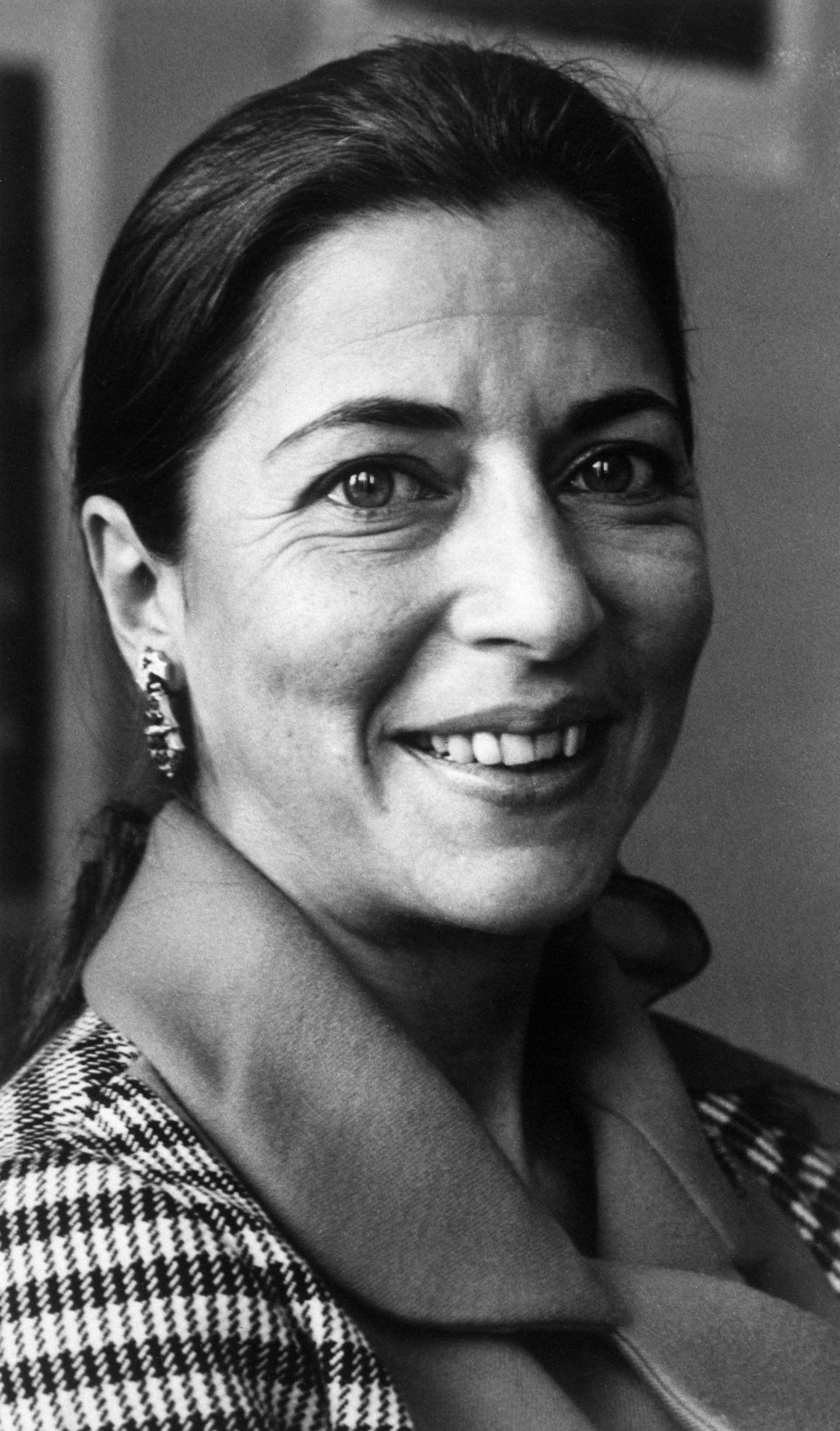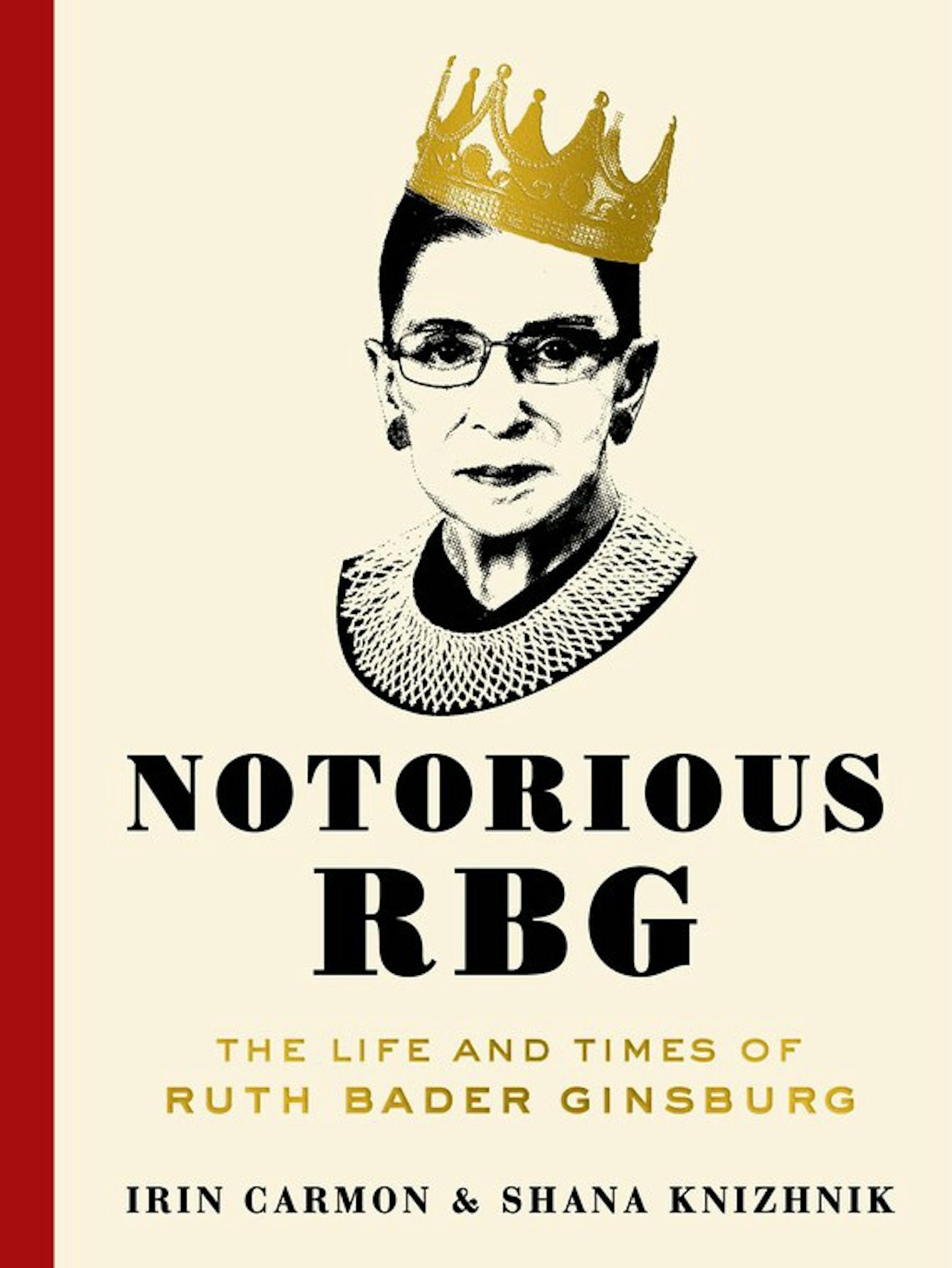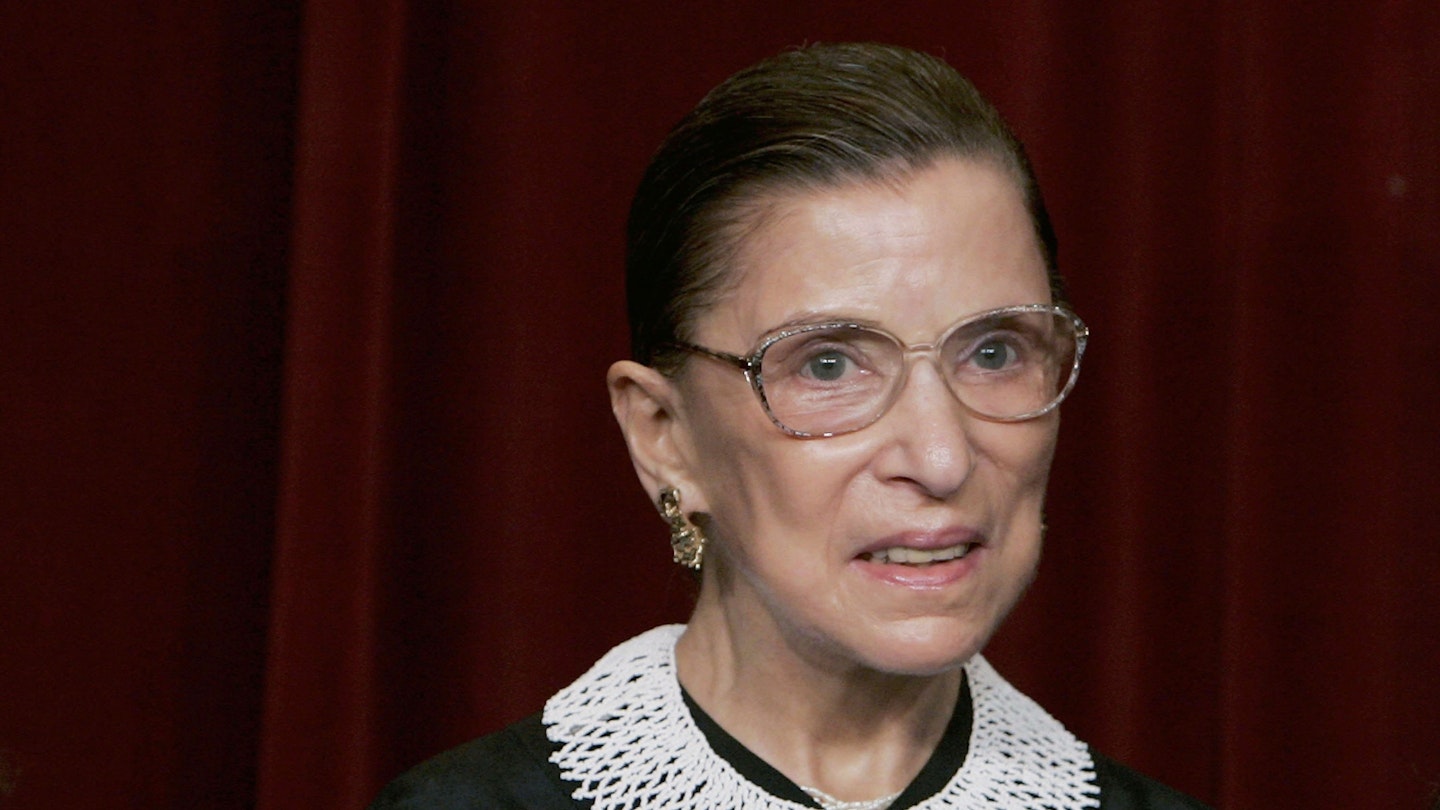Supreme Court justice Ruth Bader Ginsburg has died, aged 87, of pancreatic cancer. She was the oldest justice and only the second ever woman to sit on the Supreme Court, where she sat for 27 years. As one of four liberal justices on the bench, her death raises the prospect that President Donald Trump will try and increase his slim Conservative majority - something that could have far-reaching implications for issues such as abortion rights in America. One of Ginsburg's last statements, to her granddaughter expressed that she not be replaced until a new President is installed after the November elections, a wish former President Barack Obama has echoed.
Who was Ruth Bader Ginsburg?
Ruth Bader Ginsburg was an Associate Justice of the Supreme Court of the United States - also referred to as a Judge of the Supreme Court. Affiliated with the Democratic party, she was appointed by President Bill Clinton in 1993 – the second ever female justice to be appointed the Supreme Court (after Sandra Day O’Connor). She has long been an advocate and a voice for gender equality and women’s rights, and was considered a feminist icon.
Born in 1933, Ruth Bader Ginsburg died on 18 September 2020, aged 87.
Ruth Bader Ginsburg: Education
Ginsburg was a student at Harvard Law School in 1956 where she was one of only nine females in a class of 500. At the start of her legal career when seeking employment, she faced discrimination because of her gender, but in 1961 she became a research associate, and then associate director, at Columbia Law School. Whilst co-authoring a book in Sweden she started to observe the treatment of Swedish females in law, and her interest in gender equality was born.
Soon, she decided to turn her efforts to academia, and in 1963 became the first female tenured law professor at Rutgers Law School. She was one of fewer than 20 law professors in the US at the time.
In 1970 she co-founded the first ever law journal in America to focus exclusively on gender equality and women’s rights. She then taught sexism at Columbia until 1980, and co-authored a book on sex discrimination.

Ruth Bader Ginsburg: Women’s Rights
Throughout her judicial career, Ginsburg worked tirelessly on projects to protect the rights of women and tackle gender discrimination, and co-founded the Women’s Rights Project. In 1920 President Jimmy Carter appointed her to the seat at the United States Court of Appeals for the District of Columbia Circuit, where she served for 13 years before being nominated by President Bill Clinton to join the Supreme Court. She soon became an authoritative voice in the Court, and was known as a senior member of the ‘liberal wing’.
Ginsburg’s fervently supported abortion rights, and in 2009 in an interview in New York Times, said, ‘[t]he basic thing is that the government has no business making that choice for a woman.’
She was also active in challenging the gender pay gap, highlighting the issue that women often did not know they were being paid less than their male counterparts. When President Barack Obama was elected, Ginsburg helped to pass the Lilly Ledbetter Fair Pay Act – the act that allowed employees to make, and win, pay discrimination claims.
Ruth Bader Ginsburg: Burwell vs Hobby Lobby
In 2014, the Supreme Court ruled that it shouldn’t be mandatory for companies to provide insurance cover for birth control and contraception for their employees. Ginsburg scorned the decision, formally known as Burwell vs Hobby Lobby (a retail store), saying:
‘The exemption sought by Hobby Lobby and Conestoga would...deny legions of women who do not hold their employers' beliefs access to contraceptive coverage.
‘Would the exemption...extend to employers with religiously grounded objections to blood transfusions (Jehovah's Witnesses); antidepressants (Scientologists); medications derived from pigs, including anesthesia, intravenous fluids, and pills coated with gelatin (certain Muslims, Jews, and Hindus); and vaccinations[?]…Not much help there for the lower courts bound by today's decision.’
Ruth Bader Ginsburg in Popular Culture: Notorious (2009)
Ginsburg fell victim to meme therapy when her blistering dissents caught the attention of the Internet’s popular culture. Cue the creation of Notorious RBG – a riff on Notorious B.I.G., the rapper - which hailed the achievements of the only living female justice (following the death of O’Connor) and celebrated some of her impassioned quotes.

Ginsburg’s life and work became the subject of hashtags, Tumblr posts, Halloween costumes and then a book by Irin Carmon and Shana Knizhnik (the meme creator) titled Notorious RBG: The Life and Times of Ruth Bader Ginsburg. Not only was her incredible work accounted for in the book, but also her fascinating life and marriage to long-time love, Marty.
Ginsburg has also been portrayed in a comedy sketch on Saturday Night Live by comedian Kate McKinnon. Acting as Ginsburg, McKinnon spat insults she referred to as ‘Ginsburns’, and the role was reprised repeatedly.
Ruth Bader Ginsburg: Trump
In 2016 Ginsburg repeatedly expressed disdain for Donald Trump, calling him a ‘faker’ who has ‘no consistency about him.’
'[Trump] says whatever comes into his head at the moment. He really has an ego,’ she said. Then, quoting her husband Martin D. Ginsburg, a former tax lawyer who died in 2010, said, ‘Now it’s time for us to move to New Zealand.’
Trump responded to Ginsburg in true Trump-form: on Twitter.
‘Justice Ginsburg of the U.S. Supreme Court has embarrassed all by making very dumb political statements about me,' he tweeted. 'Her mind is shot – resign!’
Ginsburg then retracted her statements.
Ruth Bader Ginsburg: Best Quotes
‘When a thoughtless or unkind word is spoken, best to tune out. Reacting in anger or annoyance will not advance one’s ability to persuade.'
'My mother told me to be a lady. And for her, that meant be your own person. Be independent.'
'The state controlling a woman would mean denying her full autonomy and full equality.'
'Women will only have true equality when men share with them the responsibility of bringing up the next generation.'
'I said on the equality side of it, that it is essential to a woman's equality with man that she be the decision-maker, that her choice be controlling.'
READ MORE: 33 Empowering Quotes That Will Make You Proud To Be A Woman
